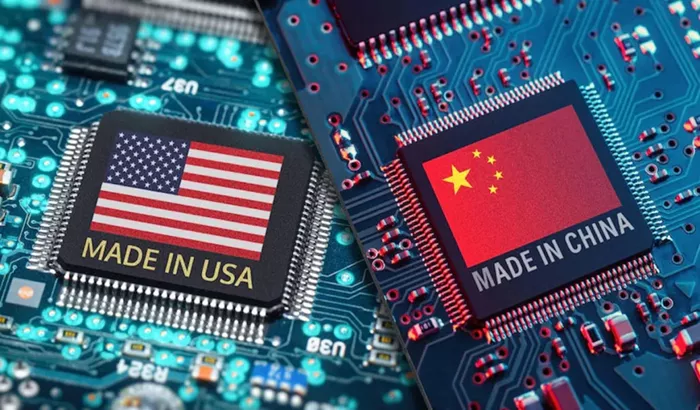The United States government has ordered many companies to stop shipping certain goods to China without a license. It also revoked some licenses that had already been granted, according to sources familiar with the matter.
These new restrictions target key products, including semiconductor design software, chemicals, butane, ethane, machine tools, and aviation equipment. The move aims to block China from obtaining critical technologies needed for important industries.
Several firms that supply electronic design automation (EDA) software—used in semiconductor design—have been notified that they now require licenses to export to China.
The companies affected include Cadence, Synopsys, and Siemens EDA. The Commerce Department said it will review license requests on a case-by-case basis, indicating this is not a complete ban but a tightening of controls.
The U.S. Department of Commerce has been reviewing exports of strategic significance to China, suspending some existing export licenses and imposing new license requirements during the review process. These actions come amid rising tensions between the U.S. and China over trade and technology access.
Shares of Cadence and Synopsys dropped sharply following the news but partially recovered after Synopsys reaffirmed its revenue forecast. Synopsys’ CEO stated the company had not received official notification from the Commerce Department at the time of the report.
Restricting access to EDA tools could significantly impact China’s chip design industry, as Chinese firms heavily rely on U.S. software. Together, Cadence, Synopsys, and Siemens control over 70% of the Chinese market for these tools. Chinese companies such as Brite Semiconductor and VeriSilicon use these software products.
However, some industry experts believe these restrictions may not be fully effective. There are many pirated versions of these design tools in China, and blocking legitimate channels could accelerate China’s push for self-reliance and boost domestic competitors like Empyrean Technology and Primarius Technologies.
Huawei has also developed its own EDA tools for certain chip technologies, despite being blocked from U.S. suppliers since 2019.
This latest move follows previous U.S. export controls aimed at limiting China’s access to advanced semiconductor technology. These controls have disrupted China’s semiconductor ecosystem but have also spurred China to invest heavily in domestic chip innovation.
The U.S. government continues to balance national security concerns with the economic impact on American companies that rely on sales to China.
READ MORE:


